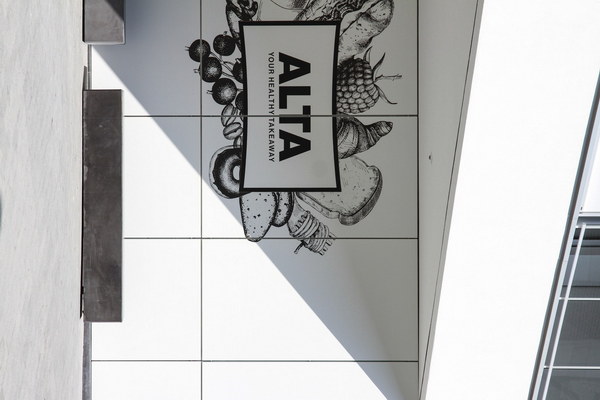Navigating the Common Liver Supportive Measures for Cancer Patients
In the journey of cancer treatment, the liver often takes on a crucial role. As the primary organ responsible for detoxifying the body, it is susceptible to damage from chemotherapy, radiation, and the cancer itself. Therefore, liver supportive measures become essential for cancer patients. This article aims to explore the common liver supportive measures that are frequently recommended for cancer patients.
1. Adequate Hydration
One of the most fundamental ways to support liver function is by maintaining adequate hydration. Water helps in flushing out toxins from the liver, which can reduce the risk of liver damage. Patients are advised to drink plenty of water throughout the day, as per their doctor's recommendation.
2. Nutritional Support
A balanced diet rich in essential nutrients is crucial for liver health. Some key dietary considerations for cancer patients include:
a. High-fiber foods: These help in improving bowel movement and reducing the risk of constipation, which can put extra pressure on the liver.
b. Anti-inflammatory foods: Consuming anti-inflammatory foods, such as fruits, vegetables, and omega-3 fatty acids, can help reduce liver inflammation.
c. Limited alcohol intake: Alcohol can exacerbate liver damage in cancer patients. It is advisable to avoid alcohol or limit intake to minimal amounts.
d. Vitamin and mineral supplementation: Deficiencies in certain vitamins and minerals can affect liver function. Patients should consult their healthcare provider about appropriate supplementation.
3. Medications and Supplements
Several medications and supplements can support liver function in cancer patients. These include:
a. Ursodeoxycholic acid (UDCA): This medication helps in reducing liver inflammation and improving bile flow.
b. Milk thistle: This herbal supplement contains silymarin, which has antioxidant and anti-inflammatory properties.
c. N-acetyl cysteine (NAC): NAC is a precursor to the amino acid cysteine, which is essential for the production of glutathione, a powerful antioxidant in the liver.
d. Metformin: Some studies suggest that metformin, a diabetes medication, may improve liver function in cancer patients.
4. Regular Monitoring
Regular liver function tests (LFTs) are crucial for monitoring liver health in cancer patients. These tests can detect any abnormalities in liver enzymes, bilirubin levels, and other markers of liver function. Early detection of liver damage allows for timely intervention and management.
5. Avoiding Liver-toxic Substances

Cancer patients should avoid substances that can harm the liver, such as:
a. Over-the-counter pain relievers: Nonsteroidal anti-inflammatory drugs (NSAIDs) like ibuprofen can be harmful to the liver. Patients should consult their healthcare provider about alternative pain management options.
b. Illegal drugs: Illicit drugs can cause significant liver damage and should be avoided.
c. Certain herbal supplements: Some herbal supplements can be toxic to the liver. Patients should consult their healthcare provider before taking any herbal supplements.
In conclusion, cancer patients should be proactive in supporting their liver health during treatment. By maintaining adequate hydration, following a balanced diet, using appropriate medications and supplements, and avoiding liver-toxic substances, they can help minimize the risk of liver damage and improve their overall well-being. It is essential for patients to work closely with their healthcare provider to develop an individualized liver support plan tailored to their specific needs.









